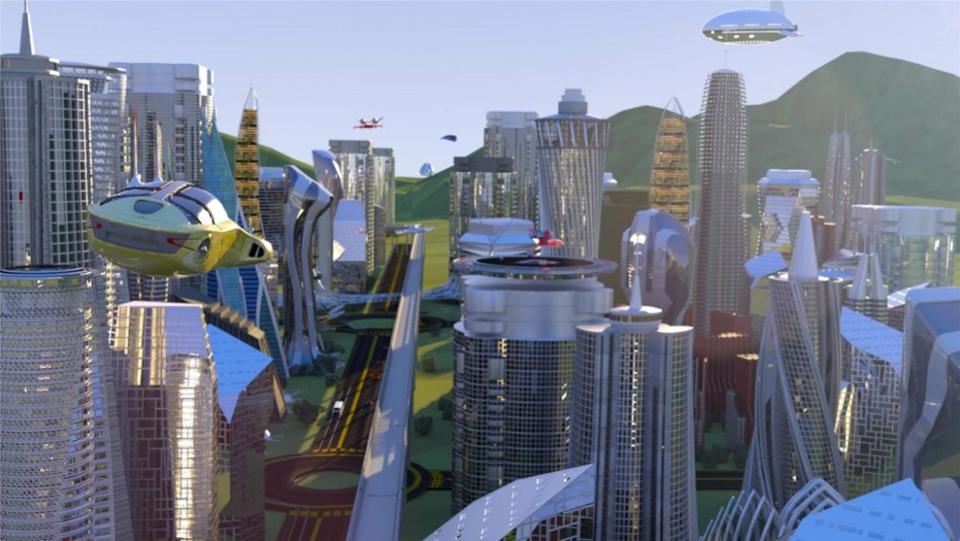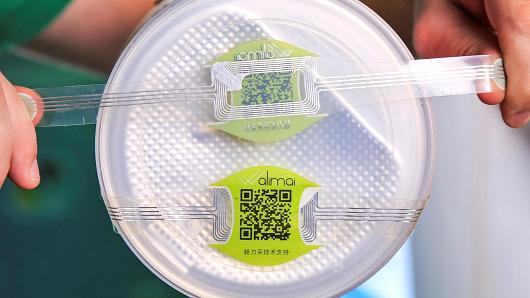Innovations in both virtual reality and blockchain are creating interesting opportunities in fields such as gaming and entertainment. Now, real estate has emerged as another field that looks to benefit from the convergence between VR and blockchain.
Virtual reality (VR) is projected to become a $40 billion industry by 2020. Innovations in both VR hardware and software have made for interesting applications, especially in gaming and entertainment. In addition, new products by companies like Oculus and Sony are making VR headsets more accessible to both consumers and developers.
New platforms seek to integrate these new VR technologies with the social element of multiplayer gaming. These allow for more immersive experiences unlike previous virtual worlds like Second Life. To its credit, Second Life popularized not only activities such as social interaction through digital avatars but also the monetization of virtual items and real estate. Rare and unique items in these virtual worlds and online games can reach six-figure prices in real dollars. Demand for such items has even spawned a lucrative black market.
Today’s modern VR platforms leverage emerging technologies such as blockchain to make virtual property ownership and trade more secure. Virtual reality platform Decentraland, for example, uses blockchain to identify and designate ownership of land in its virtual world.
Because of the various possible applications of VR, virtual real estate can now function similarly to real-world properties that they can be sold, leased, and used for virtual activities. Blockchain could help formalize the market for these virtual properties.
Source/More: How Blockchain Is Breathing New Life Into Virtual Real Estate




















